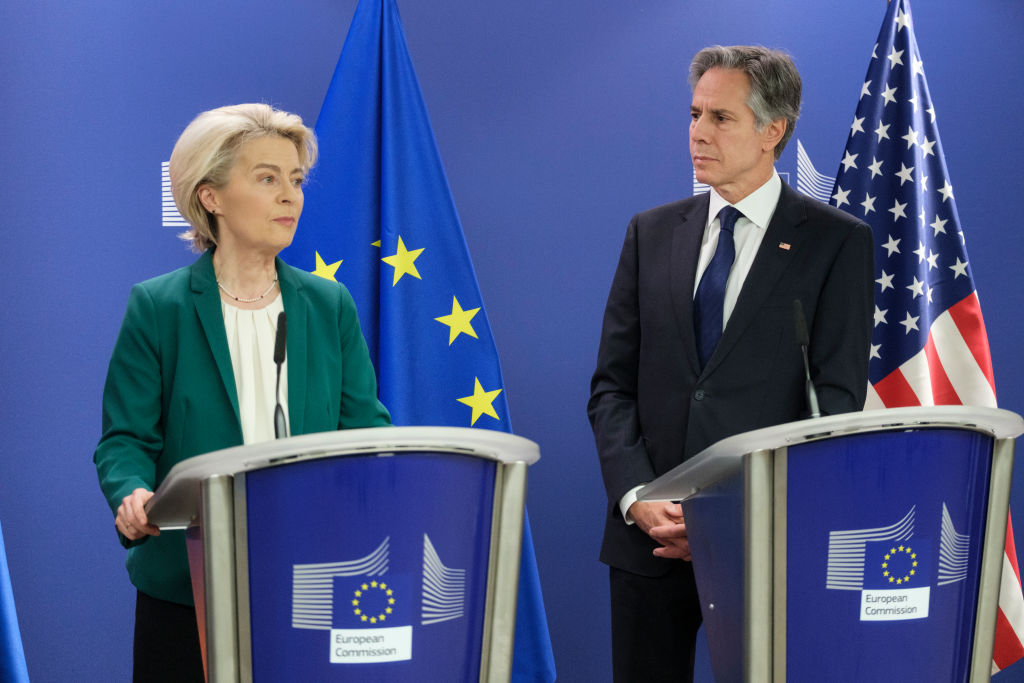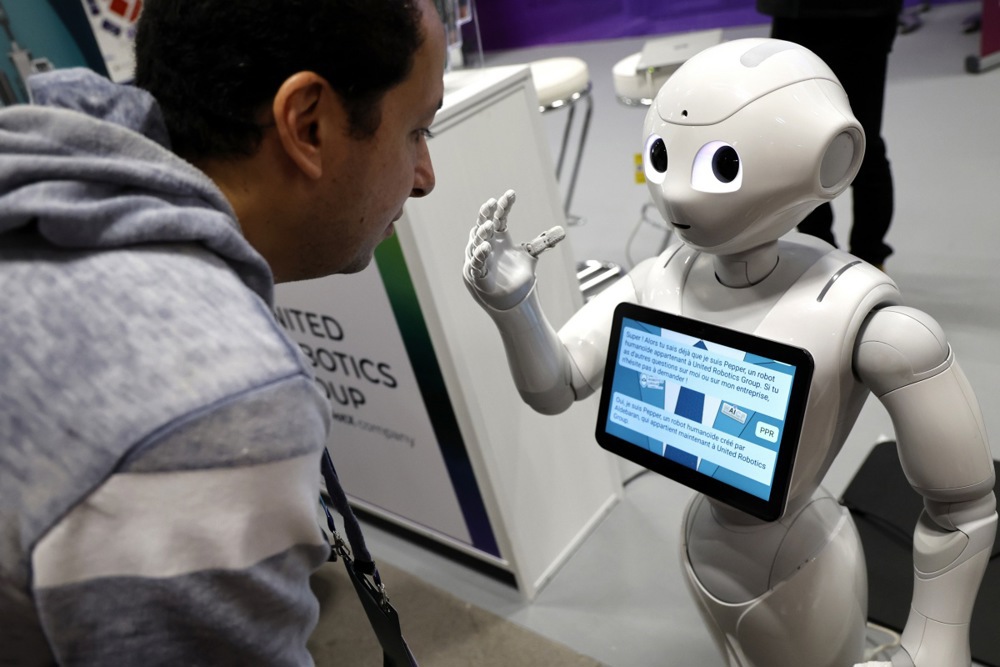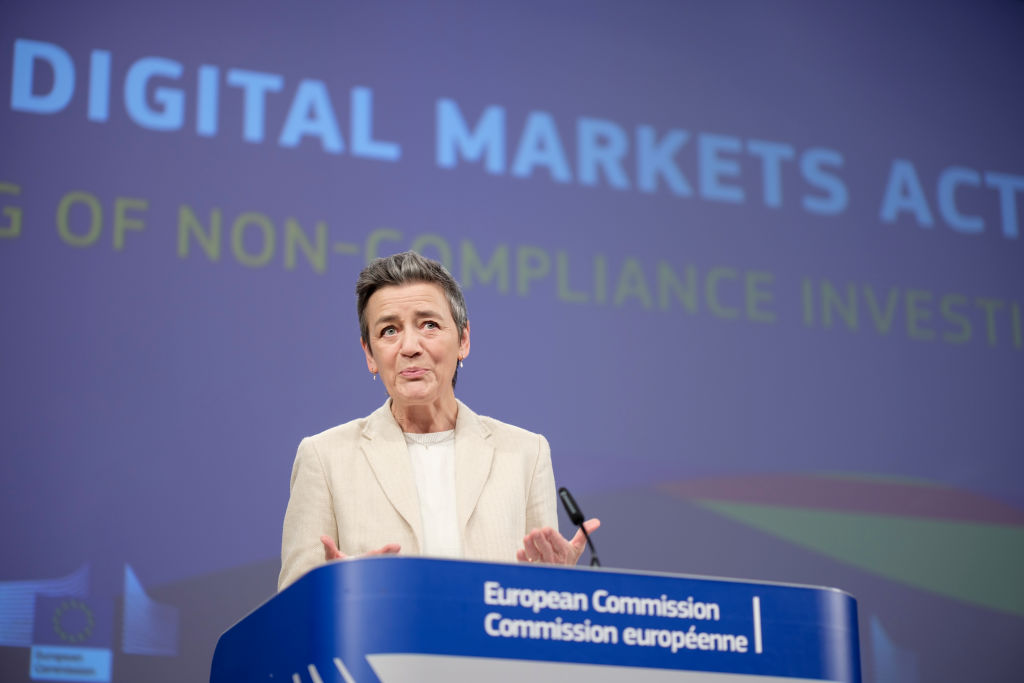The European Union is almost 100 years off hitting its 2030 artificial intelligence (AI) goals, a report published by the European Commission has determined.
An investigation into the bloc’s so-called Digital Decade project found that the EU is far behind on a number of technology goals it had set itself, with the document saying that Brussels’ efforts to make the union a digital leader internationally have failed to yield fruit.
The bloc’s handling of AI is one of the key areas where the continent is lagging; the report found it would not hit its goal of having 75 per cent of EU enterprises using at least one designated AI technology by 2030.
With just 11 per cent of firms currently using the technology, the EC estimated it would take nearly 100 years to achieve this.
Other key performance indicators were also felt to be falling short of the 2030 targets. The EC said the bloc was more than a decade behind in achieving its desired number of tech unicorns (start-ups valued at $1 billion or more), as well as in the proliferation of “basic” tech skills among the general public.
Despite the failures, CEC leaders insisted there were nevertheless positives to take from the report.
“Today’s report clearly shows that we are not on track to reach our targets on the digital transformation in Europe. But it also indicates a clear way forward,” the EC’s competition tsar Margrethe Vestager said, claiming the report showed that the EU needed to put additional State-level investments into achieving its aims.
Such sentiments were echoed by the bloc’s self-styled “digital enforcer”, Thierry Breton.
“We are building a more competitive Europe, which leverages its competitive edge and asserts itself in the global technology race. Today’s State of the Digital Decade report clearly identifies the areas where our collective action has to accelerate to achieve this result and meet the Digital Decade targets by 2030,” he said.
“Investments, cross border co-operation, completing the Digital Single Market, boosting take up of key technologies such as AI: This is the recipe of success that is at the essence of the recommendations that we issue today to Member States.”
The report’s findings came amid fears that the bloc’s desire to regulate AI would render it uncompetitive on the world stage, as firms in the US and China are under fewer constraints compared to their European counterparts in regards to developing the new technology.
A new bureaucratic office set up to help regulate AI will help boost the EU’s competitiveness in the sector, the European Commission has claimed. https://t.co/yjgF9w0wzy
— Brussels Signal (@brusselssignal) May 31, 2024





